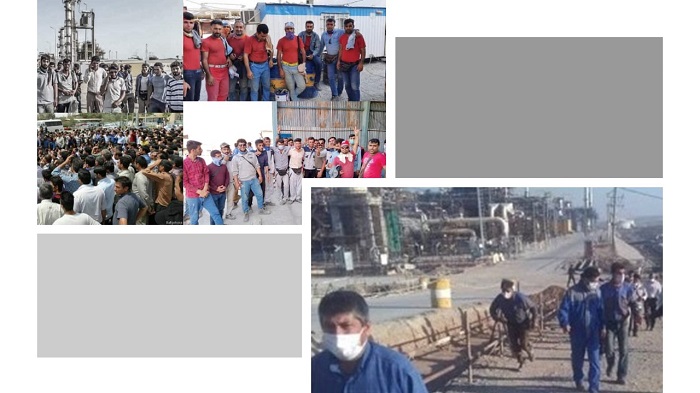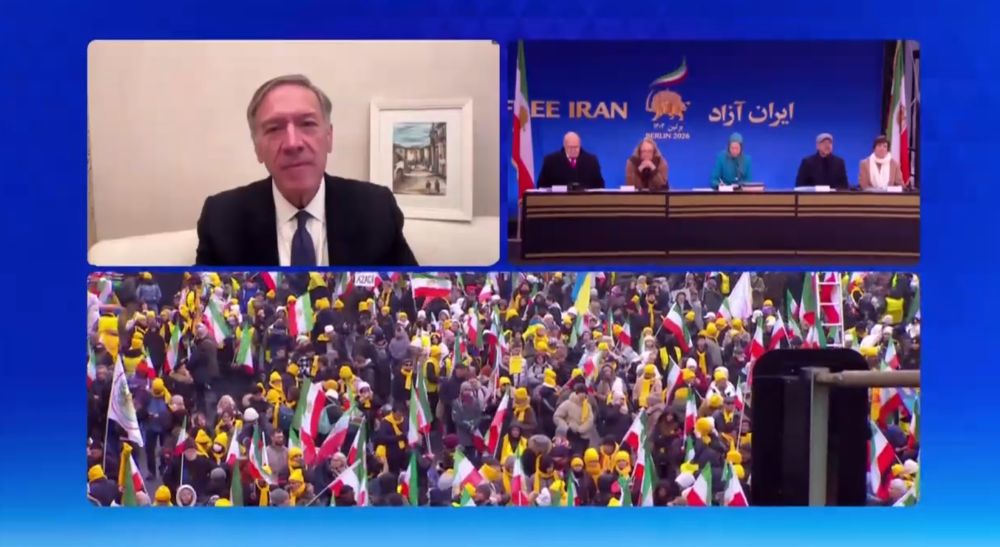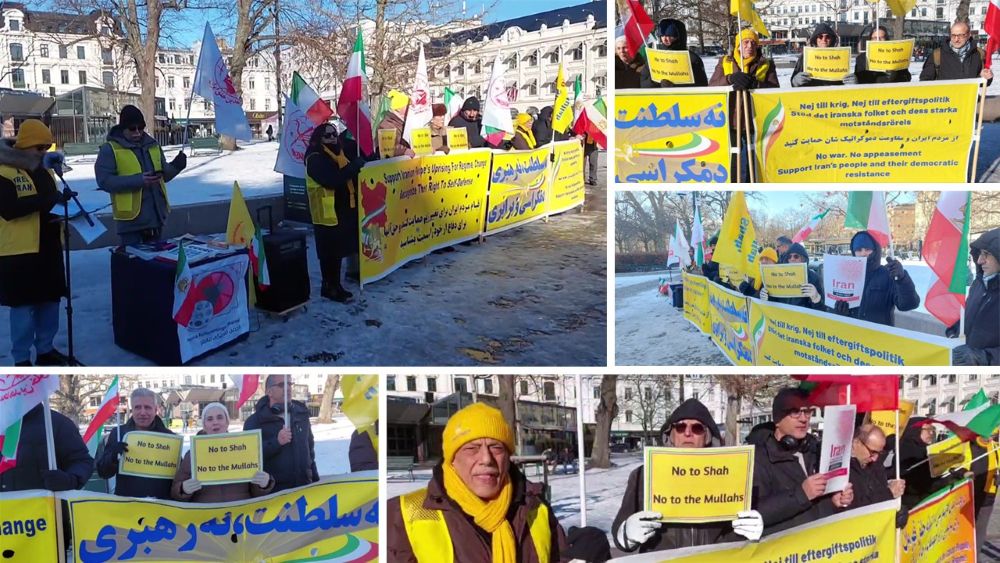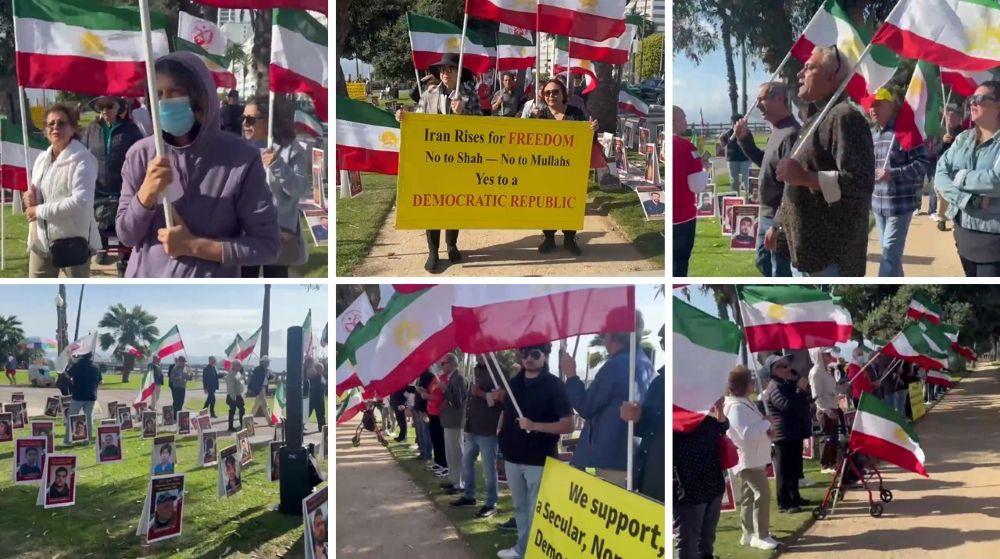
Contract oil workers continue to strike against the inhumane conditions they are forced to face while working in Iran’s most profitable industry, with workers and employees from 107 different companies demanding for their rights to be recognized by the Iranian regime.
The first round of strikes began in July 2020 for a month and half, during which time workers promised to resume their strikes in March 2021 if their demands were not fulfilled by regime officials. This second round has become more widespread than the first, likely due to the regime’s lack of action to improve the conditions of the contract workers, with the strikes gaining wide media coverage worldwide.
The National Council of Resistance of Iran (NCRI) said, “The new wave of strikes extended throughout Iran. Tens of thousands of workers held protests in 114 cities. Now, over 40% of workers still continue their strike, and 60% have returned to work.”
The Associated Press (AP) reported back in June that, “Footage has spread across social media showing construction workers at 60 oil and petrochemical installations, largely in the country’s oil-rich south, walking off their jobs in protest.”
President-elect of the NCRI, Maryam Rajavi spoke out in regards to the workers strike and said, “Repression and expulsion will intensify the workers and laborers anger against the anti-labor and inhuman regime, and adds to the public’s resolve to overthrow the regime and establish freedom and justice.”
Hail to the striking oil workers and laborers. I urge all workers and youths to support them. So long as the mullahs’ inhuman and anti-worker regime rules #Iran, poverty, high prices, and unemployment will be on the rise. #IranProtests
— Maryam Rajavi (@Maryam_Rajavi) June 22, 2021
The demands of the contract workers are to make sure that they are paid decent wages, given official contracts to protect their job security, and that they are given adequate rest between shifts. The 10-20 campaign that many workers have been lobbying for is to demand 10 days of rest breaks for every 20 days of work, owing to the fact that many workers live far from their place of work and wish to spend quality time with their loved ones.
In regards to the calls for better wages, the NCRI quoted one of the demands saying, “The salary of a worker should not be less than 12 million Tomans, which considering the ever-rising inflation rate is at the edge of the official poverty level already.”
Calls for better conditions in the temporary lodgings for workers is also a priority. Dormitories housing up to 100 workers lack heating and cooling equipment, and there are barely enough facilities to cater for all of the men. The large number of men are forced to share 3 bathrooms between them, and lack enough space in which to sleep. Many dormitories also lack dining facilities, leaving many workers forced to go without food.
The managers of Iran’s Oil Company were appointed by the regime, and these are the people responsible for depriving the workers of their most basic rights. Despite the calls and strikes from workers for the government to step in and improve their situation, regime officials are shirking responsibility, announcing that the workers should be dealing with their managers and contracting companies instead.
The NCRI said, “The Iranian regime has tried on many occasions to intimidate or bribe workers to prevent them from continuing their strikes. It has so far been able to force 60% of workers to return to their works. These workers face the same circumstances and are under pressure from their employers, while many are threatened to be fired.”
As the regime’s exports of oil are already under international sanctions, the threat of the oil worker’s strikes worsening the regime’s already reduced revenue is a worry for the mullahs’, who rely on the revenues to fund their illicit activities abroad.



